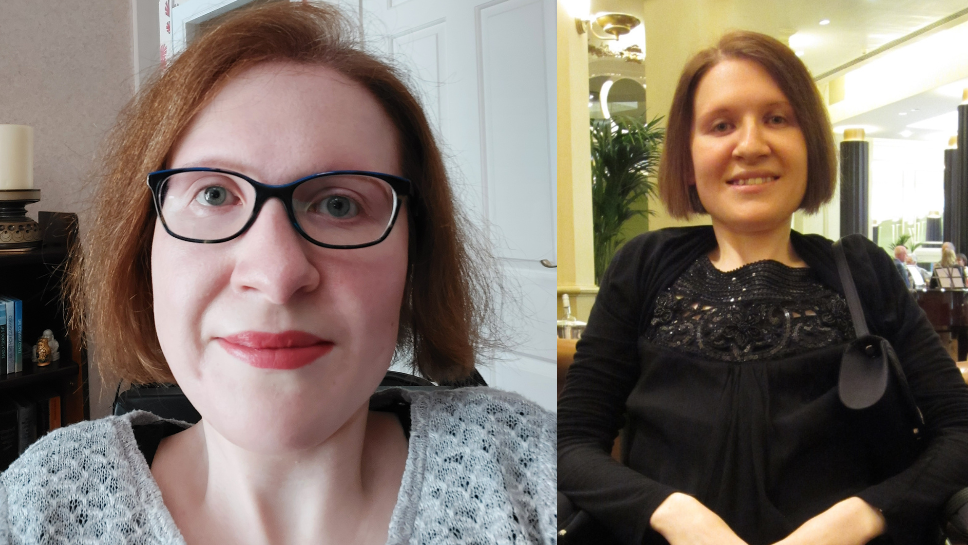
I have always enjoyed challenging people’s expectations of someone with a disability and I have tried to do this throughout my life so far.
I was initially diagnosed with Arthrogryposis, a term used to describe a variety of conditions involving multiple joint contractures, and soon afterwards my parents were told that I would make nothing of my life. At the age of 10, I received the diagnosis of Ullrich congenital muscular dystrophy (UCMD), following a muscle biopsy, which came as a real shock. We didn’t know much about the condition and weren’t prepared for what this diagnosis might mean.
I have since become so passionate about raising awareness of the condition, with the hope that one day, no one has to fear the worst when they hear the words ‘muscular dystrophy’.
Living with UCMD affects every aspect of my daily life
My condition affects my whole body and I have both muscle weakness and contractures in various joints, which is a difficult combination. The stiffness and muscle weakness have both increased over the last few years (which has been hastened by having to shield due to the coronavirus pandemic) and, as a result, I have lost quite a lot of my mobility.
One of the main difficulties that impacts my life, is my compromised respiratory system. I only have approximately 20% of normal lung capacity and I have to use non-invasive ventilation (BiPap) each night.
This was the main reason that I was advised to shield over the last two and a half years. My blood gases have to be monitored regularly to ensure that my oxygen and carbon dioxide levels remain stable. Any cold or other respiratory illness goes to my chest almost immediately and will take a significant period of time for me to recover from.
Every choice that I make is impacted by my condition
It affected which schools I could go to and which universities I could apply to. I was very fortunate to attend Selwyn College, Cambridge, where I had a wonderful experience, but some of the universities I visited were less than accommodating. Holidays, days out and social plans are all influenced by my disability. I can’t do anything on the spur of the moment, as I have to plan and research venues and how to get there to the nth degree.
I am able to drive an adapted vehicle, but due to the fatigue I suffer with, I currently have to rely on being driven to any appointments.
I qualified as a solicitor and worked at a law firm for four and a half years. Sadly, the commute and demands of the work took a toll on my health and so I am now pursuing a different career.
Fighting for research
There is currently no treatment or cure for UCMD. And because UCMD is a fairly rare condition, it doesn’t get the attention or research funding that it deserves, despite the huge impact it has on the lives of people like me.
If there was an effective treatment, clinicians and individuals would be able to manage the condition more effectively, hopefully meaning less invasive medical interventions, and reducing the impact the condition has on our lives.
Research developments in my lifetime would give me greater freedom of choice and more independence. I could have less fatigue, an improvement in my respiratory health (meaning that respiratory illnesses don’t pose such a big risk), and improved mobility. This would make me less reliant on other people and would allow me to have a greater choice in what I do both in my personal life and in my career.
People with muscular dystrophy have so much to offer their communities
We all have a key role in widening conversations about disability. I’m now a freelance writer, which allows me to write about issues that I’m passionate about, such as accessible travel and housing. I also work as a copywriter and I have recently worked for a local charitable foundation.
My parents have always encouraged me, but I have regularly come up against other people’s low expectations. In the future, I hope that all young people, whether or not they have a disability, will be encouraged to have high aspirations and believe that they can achieve their dreams. My parents were told that I wouldn’t make anything of my life. I hope this message isn’t relayed to any other families.
Our ‘Spotlight’ series is shining a light on the experiences of people within the muscle-wasting community. Explore more of our blogs or get in touch to share your story.
